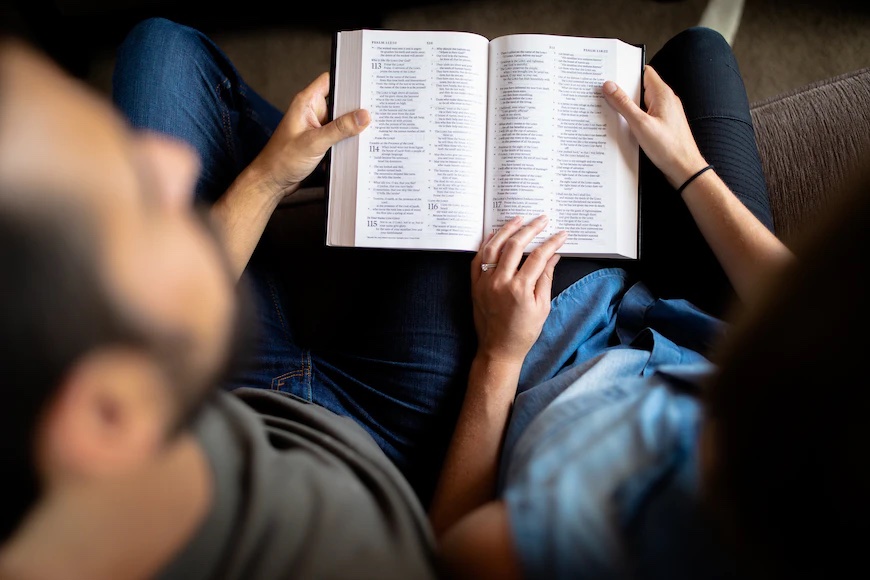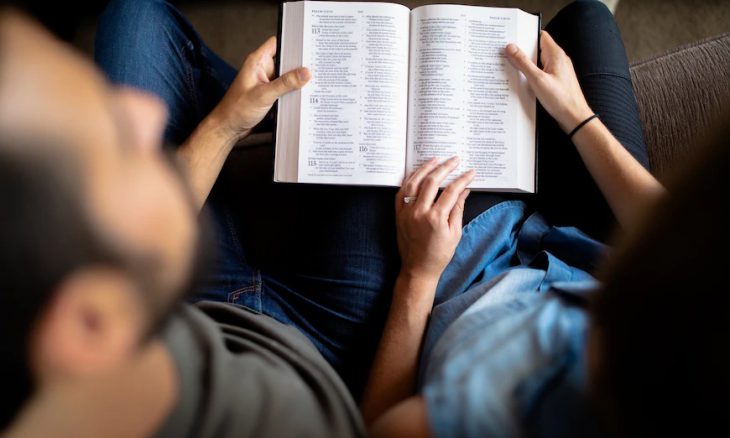Religion – the First of our Freedoms

One of the most consequential legal terms in the 21st century may be “religious freedom.”
Amendment 1 to the Constitution, the Bill of Rights, in its very first clause says, “Congress shall make no law respecting an establishment of religion or prohibiting the free exercise thereof.”
The language of the Founders has been a source of frustration since it was written. The Free Exercise clause (the second one) has been less problematic than the Establishment clause. The precise definition of “establishment” is unclear. Historically, it meant prohibiting state-sponsored churches, such as the Church of England.
In 1971, the Supreme Court sought to rectify the matter with a three-part test. Under the Lemon v. Kurtzman test, “government can assist religion only if (1) the primary purpose of the assistance is secular, (2) the assistance must neither promote nor inhibit religion, and (3) there is no excessive entanglement between church and state.”
In the years since Lemon, the “test” has been much criticized and the Court often decides Establishment Clause cases without reference to it. Yet the high court has not overruled the test, meaning the lower courts remain obligated to use it.
The vast majority of Establishment Clause cases have fallen into four areas: monetary aid to religious education or other social welfare activities conducted by religious institutions, government-sponsored prayer, accommodation of religious dissenters from generally-applicable laws, and government-owned or -sponsored religious symbols.
In an August 2022 article in JDSupra titled “Ding Dong! Lemon’s Dead: SCOTUS Clarifies Establishment Clause,” they refer to the Supreme Court’s decision in Kennedy v. Bremerton School District, in which a coach was fired for kneeling at the 50-yard-line after a football game to offer silent prayers of thanksgiving. Others would eventually join in. The Constitution neither mandates nor permits the government to suppress such religious expression, but the coach was fired. In June 2022, the Supreme Court reversed the decision of the court of appeals, ruling that the coach’s actions were protected speech under the First Amendment.
The opinion, written by Justice Gorsuch, stated that the school district went overboard in its duty not to establish religion, “…the only meaningful justification the government offered for its reprisal raised on a mistaken view that it had a duty to ferret out and suppress religious observations even as it allows comparable secular speech. The Constitution neither mandates nor tolerates that kind of discrimination.”
The Free Exercise clause protects citizens’ right to practice their religion as they please, so long as the practice does not run afoul of a “public moral” or a “compelling” governmental interest.
In June 2022, the Supreme Court ruled in Carson v. Makin that when a state offers generally available tuition assistance payments to parents who live in school districts that do not operate a secondary school of their own, parents can use that assistance to have their children attend a religious school. The “non-sectarian” requirement of the State of Maine was declared a violation of the Free Exercise clause.
Broadly, according to Religion News Service, “a majority of Americans champion religious freedom, whether or not they call themselves a ‘person of faith.’” Many would give religious organizations and individuals “a wide berth” in society, while those who dissent would deny the right “when a religious practice gets in another American’s way.” They conclude that “Americans support religious freedom—as long as it’s convenient for everyone.”
A Heritage Foundation article says, “Religious freedom prevents the cultural majority from using the power of the state to impose their beliefs on others. It protects everyone… from the government becoming so powerful that it can tell people what to think and how to act.“
It continues, “It covers all people equally—Christians, Jews, Muslims, agnostics, and atheists. Religious freedom preserves America’s diversity, where people of different faiths, world views, and beliefs, can peacefully live together without fear of punishment from the government. Efforts to repress religious freedom is not just an attack on individual liberty and human dignity, but the very foundation that has made America strong.”
The apostle Paul wrote to the church in Galatia, “For you were called to freedom, brothers. Only do not use your freedom as an opportunity for the flesh, but through love serve one another.” In Psalm 33:11-12, the psalmist writes, “The counsel of the Lord stands forever, the plans of his heart to all generations. Blessed is the nation whose God is the Lord.”
How then should we pray?
- That the Supreme Court justices would rule according to protections within the Bill of Rights of the Constitution.
- For the safety of the justices who are being harassed for certain of their decisions.
- That the nation’s federal judges would continue to protect both the Establishment clause and the Free Exercise clause of the First Amendment.
- For God to provide you with the strength and courage to stand for Jesus Christ in every circumstance.
- With thanksgiving for this nation in which you are free to worship and to share your faith in the Lord and His Gospel.





